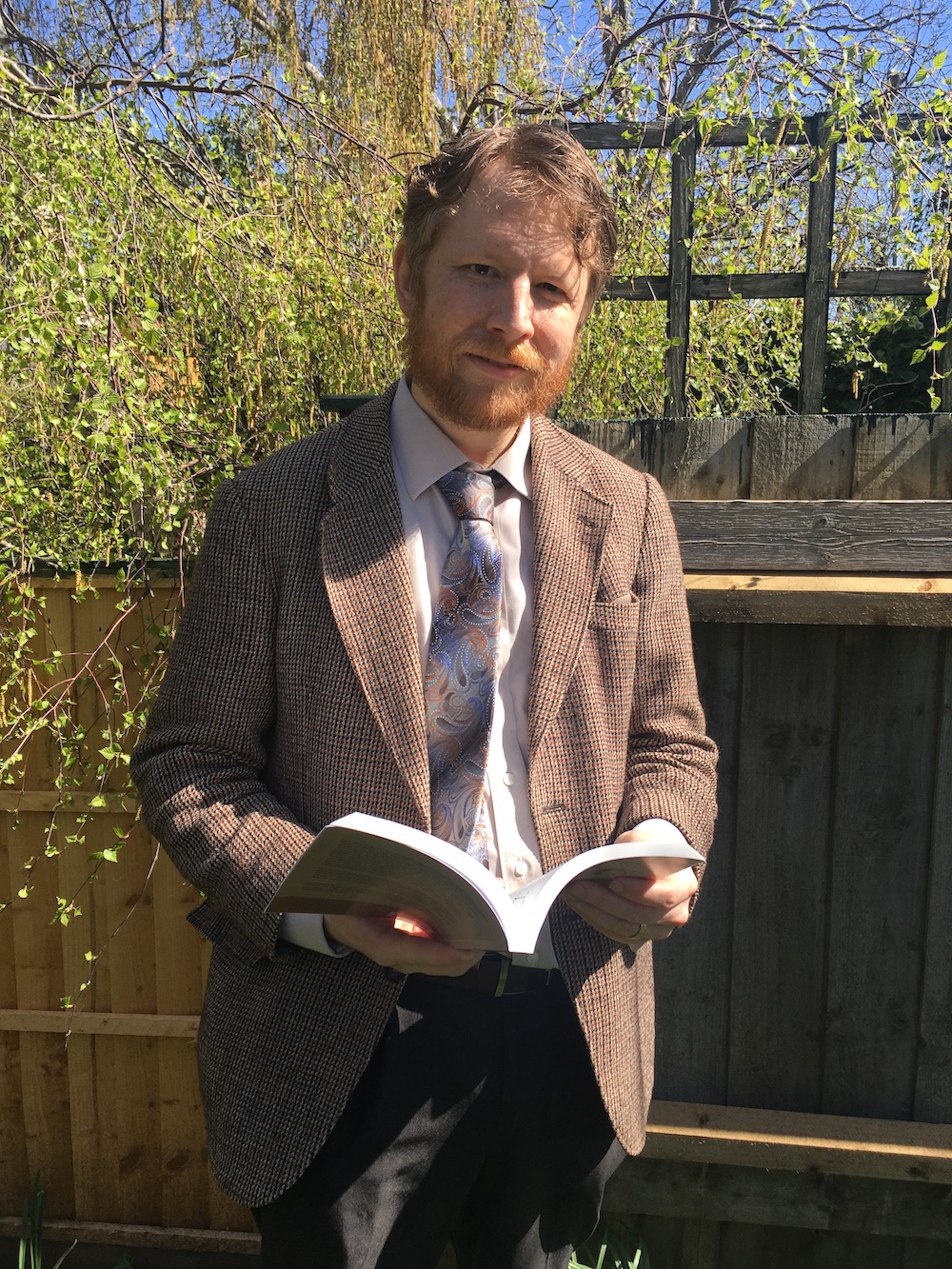
Submitted by Administrator on Mon, 20/12/2021 - 12:40
Cambridge University astrochemist and experimental physicist Dr Paul Rimmer of the Department of Earth Sciences has been selected to receive the Stanley L. Miller Early Career Award from the International Society of the Study of the Origin of Life. The award is provided in recognition of his outstanding contributions to origins of life research.
“This is a really exciting time in the search for the origins of life, with rapid progress being made in the fields of prebiotic chemistry, early Earth environments and planetary/exoplanetary atmospheres,” said Professor Richard Harrison, Head of Department at Cambridge Earth Sciences. “Paul’s research lies at the intersection of all these fields, where the answers to how life emerged on Earth (and maybe elsewhere in the universe) are most likely to be found. I am delighted his contributions to this endeavour have been recognised by this award.”
Rimmer’s research focuses on timescales for physical and chemical processes on early Earth and other planets. He has applied his expertise to atmospheric, aqueous and sub-surface geochemistry. He has employed chemical kinetics models and novel experimental designs to constrain where specific prebiotic synthetic pathways can take place on early Earth and on other planets, including planets around other stars. He came up with the concept of the abiogenesis zone and, along with Sarah Rugheimer, the concept of prebiosignatures.
Rimmer’s experiments are the unique in finding a compromise between the messy complexity of natural environments and the cleaner more predictable environment of the lab. He has designed experimental apparatuses that approximate the light of the young Sun and other stars, and that can account for a variety of aqueous environments, from shallow subaqueous basins to surface hydrothermal vents.
Rimmer is a Simons Senior Fellow and is affiliated with the University of Cambridge Departments of Earth Sciences and Physics, and with the MRC Laboratory of Molecular Biology.
Rimmer is the first Cambridge researcher to receive this award.
The University of Cambridge has recently launched the IPLU to enable multidisciplinary research on planetology and life in the Universe — its focus is to understand the origins and physical properties of planets throughout the Universe, as well as the chemical and biological processes capable of starting and sustaining life.
“Cambridge provides truly unique opportunities for research across disciplines to address the origins and search for life elsewhere in the universe. Opportunities that have been expanded and supported by this new initiative.” said Rimmer.
About the International Society of the Study of the Origin of Life (ISSOL)
ISSOL was established in 1973 and is dedicated to the furtherance of astrobiology and origin of life research. The society’s supporting journal, Origins of Life and Evolution of Biospheres, is the longest established and most authoritative journal for astrobiology and origins of life research.

